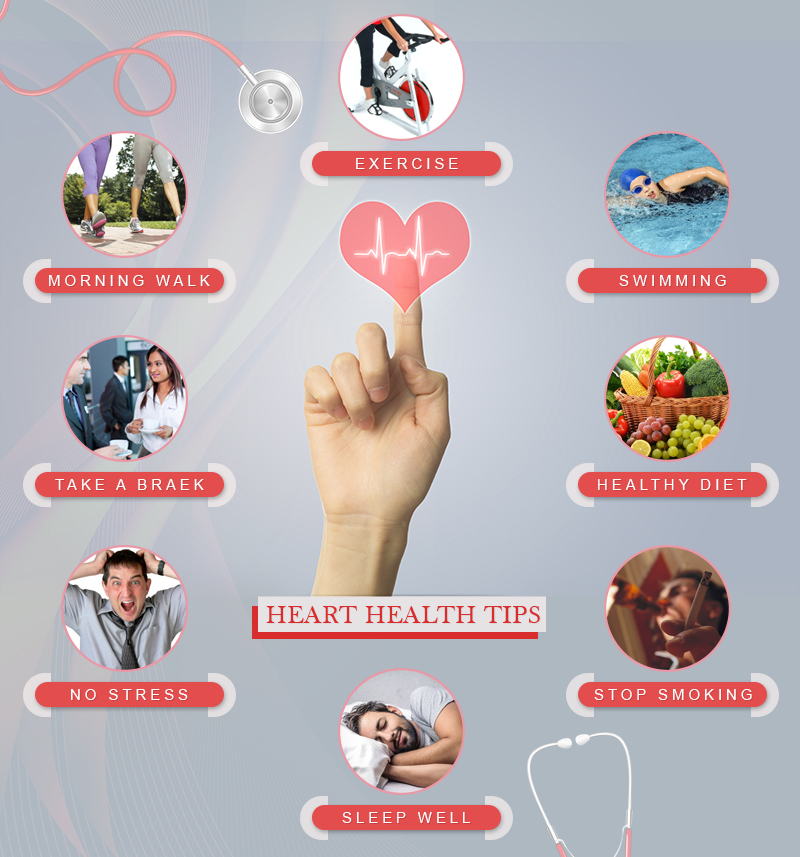
A myocardial infarction, or just a heart attack, is sudden, irreversible damage to the tender heart muscle in the walls of your heart. Your heart muscle needs constant oxygen and nutrients to function well. The walls of the heart muscles become inflamed due to high blood pressure, which in turn increases due to your eating habits.
The buildup of plaque on the inner lining of the heart can lead to heart attacks and even more fatal diseases such as coronary artery disease, coronary artery disease, congestive heart failure, and more. Damage to your heart can be caused by many things that have nothing to do with your diet. Poor diet, taking too many drugs, smoking, excessive stress in your life, genetics, lack of exercise, lack of exercise, and other lifestyle problems can all contribute to an increased risk of this type of heart problem.
When looking for an answer to your question “what causes myocardial infarction,” the first thing to consider is if you have any of the following conditions: coronary artery disease coronary artery disease, congestive heart failure, or angina pectoris. Together, these four diseases can lead to myocardial infarction. There are several other conditions that can cause these diseases, and any of these conditions can trigger a heart attack. If your condition is not on the list of causes of myocardial infarction, then there are several things you can do to increase your chances of avoiding this type of condition and thus reduce your risk of heart attack.
The first thing you should be doing is trying to maintain a healthy lifestyle, especially if you are at risk for developing coronary artery disease, congestive heart disease or other heart problems. Staying active and having a balanced diet is important. Staying away from fatty and high cholesterol foods is another important factor in keeping your body healthy and free of disease. Drinking lots of water is also essential to your overall health and well being.
Exercise is also important to maintaining a healthy weight. While exercise can help you lose weight, exercising every day is the best way to help keep you healthy and keep your heart healthy.
Having a healthy diet and plenty of fresh fruits and vegetables in your diet is also important. Fruits and vegetables are good sources of vitamins, minerals, fibers and antioxidants. Eating enough fruits and vegetables keeps your heart healthy, and prevents the buildup of plaque on your heart walls.
To prevent your heart from getting sick, your heart should get plenty of oxygen and nutrients from food and exercise. Foods rich in antioxidants include: fresh fruits and vegetables, fish, and nuts. Drinking plenty of water is also a great way to keep your blood healthy and free from infection.
If you do not have a condition, keep your cholesterol levels under control and avoid smoking and exercise to lower your risk of having a heart disease and other related health complications. Your doctor may also be able to help you identify the reason why you have a heart condition.
It is also very important to live a healthy life as long as you can. This means that you should not smoke or engage in unhealthy eating habits, and that you should also make sure that you exercise regularly. If you have a condition, it is a good idea to take your medication on a regular basis, and monitor your condition closely to make sure that nothing has changed.
A healthy lifestyle is very important to your general health. It is also important to keep a record of all of your medical history to help your doctor diagnose your condition. If you are at risk of having a heart disease, your doctor will be able to tell you when it is most likely to develop. and how to treat it.
If you already have one of these heart diseases or think you might have a heart disease, it is important to talk to your doctor to find out the best treatment options that you have. and the steps that you should take to improve your chances of living a healthy life.
